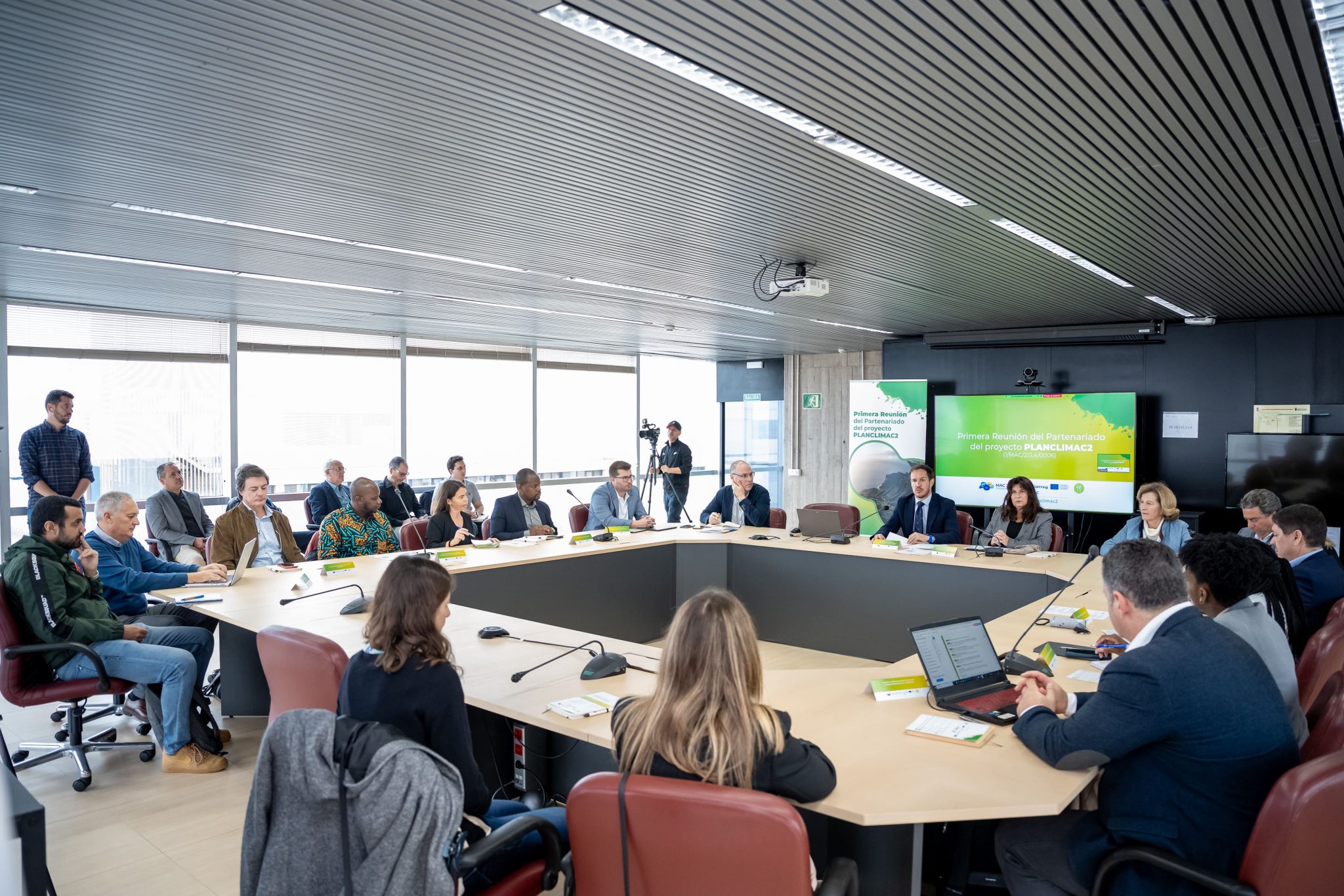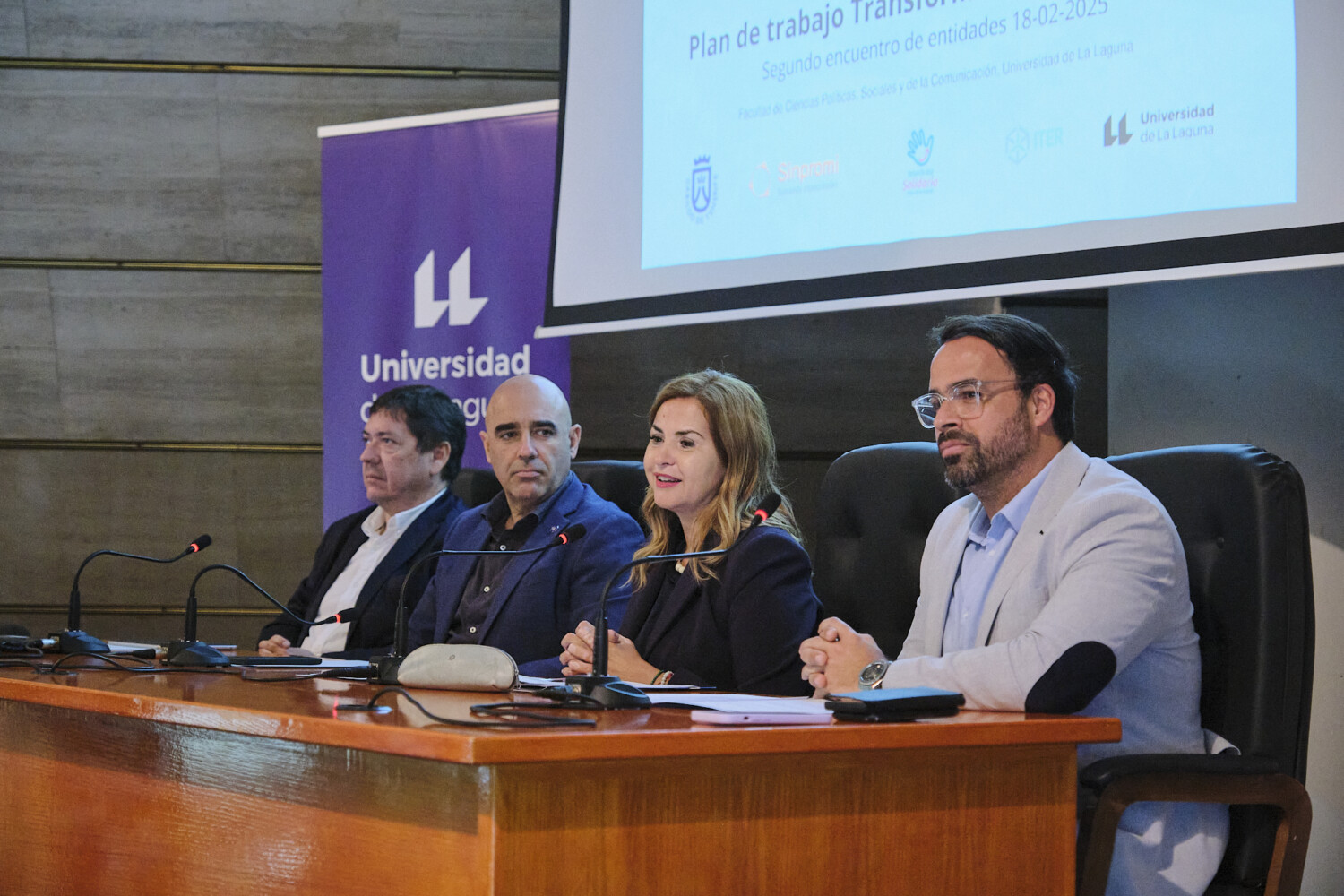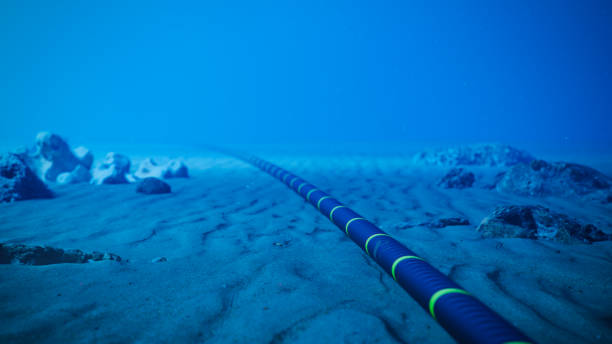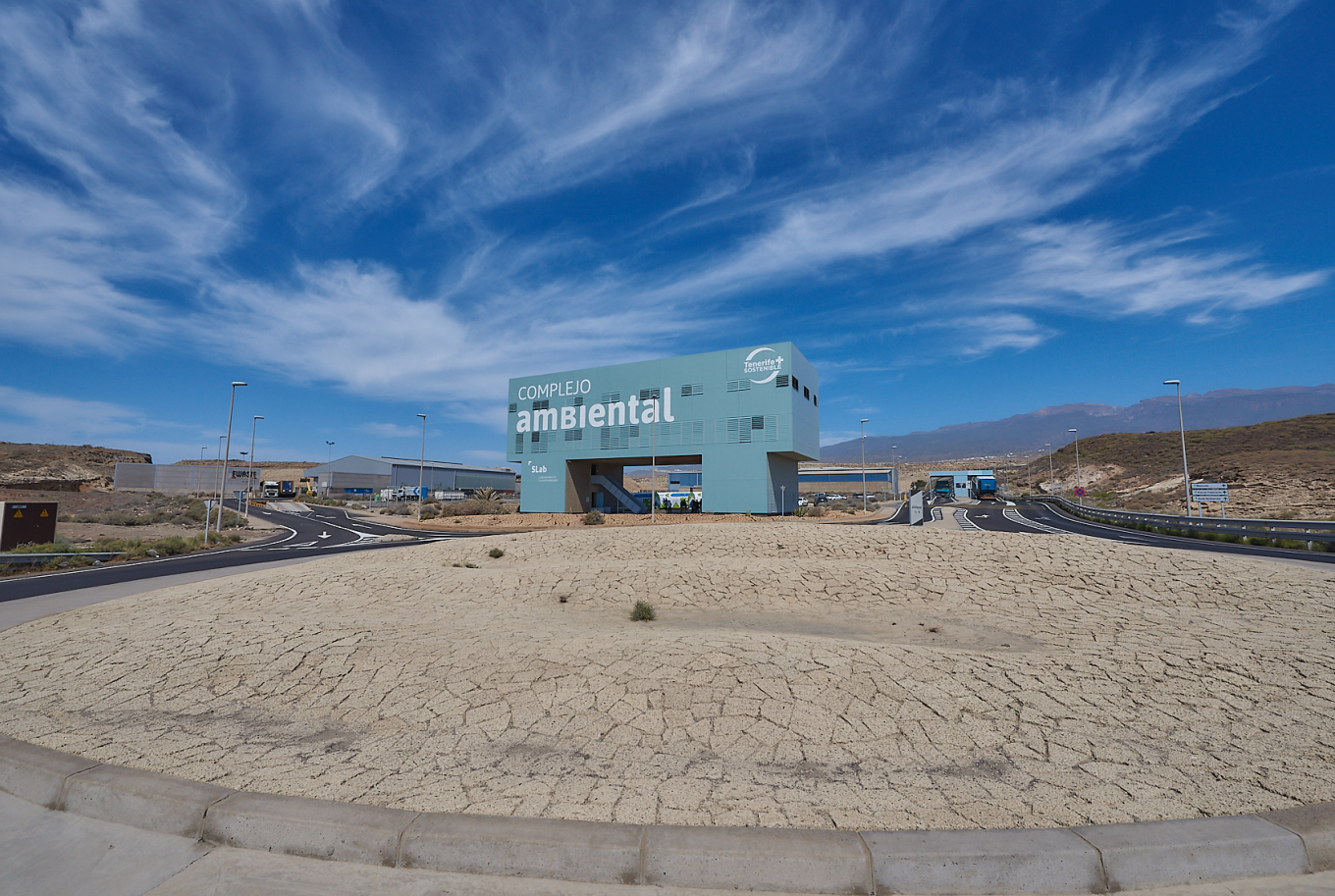These transnational initiatives, coordinated by the Government of the Canary Islands and co-financed by the Interreg MAC program, seek to anticipate, monitor and mitigate the effects of climate change in Macaronesia and West Africa.
The Instituto Tecnológico y de Energías Renovables (ITER) continues to expand its contribution to the fight against climate change with its participation in PLANCLIMAC2 and IMPLACOST, two transnational projects focused on climate risk management and the protection of vulnerable ecosystems in the Macaronesia region and the coastal areas of West Africa.
Both initiatives are 85% co-financed by the Interreg MAC 2021-2027 cooperation program, with funds from the European Regional Development Fund (ERDF), and are coordinated by the Government of the Canary Islands, through the Department of Ecological Transition, Fight against Climate Change and Territorial Planning.
The initial meetings of the consortia of both projects were held this week, thus kicking off these initiatives. During these meetings, the partners have defined the first lines of work and the strategies to be followed in the coming months to advance the objectives of each project.
ITER, through its Technology Area, will contribute with its high performance technological infrastructure, including its supercomputers TeideHPC and AnagaGPU, as well as its experience in the development of advanced software, with the objective of facilitating the analysis of large volumes of data, complex simulations and the development of technological tools that allow the achievement of the proposed goals.
PLANCLIMAC2: anticipating climate risks and strengthening environmental governance
With a budget of more than 3.5 million euros and a duration of four years, PLANCLIMAC2’s main objective is to anticipate climate risks and strengthen environmental governance in Macaronesia and West Africa, with the collaboration of partners from Ghana and Sao Tome. Planned actions include the design of common strategies to manage climate hazards and build resilience to adverse events.
IMPLACOST: protection of coastal ecosystems in the face of climate change
IMPLACOST, with a total budget of 3.8 million euros and a four-year duration, seeks to address the effects of climate change in the coastal zones of Macaronesia and West Africa, focusing on the protection of vulnerable coastal ecosystems. Among its main objectives are the improvement of climate risk management, the preservation of marine biodiversity and the development of sustainable strategies to increase the resilience of coastal communities to adverse climate events.
ITER’s role in climate research
These new projects give continuity to the work developed within the framework of the PLANCLIMAC project, co-financed in the previous call of the INTERREG MAC program, which allowed obtaining fundamental keys to understand the behavior of climate change in the Canary Islands and Macaronesia, and to establish a basis on which to develop climate monitoring and risk management strategies in the region.
ITER played a significant role in the PLANCLIMAC project, contributing more than 15 million computing hours, equivalent to 100 years of uninterrupted use of a single computer. Thanks to this computational capacity, it was possible to develop climate projections that are essential for understanding the evolution of climate change in the region.
Given the expanded scope of the new PLANCLIMAC2 and IMPLACOST projects, the computational needs are expected to be even greater, which will further strengthen ITER’s role in climate analysis and monitoring.
By participating in these projects, ITER reaffirms its commitment to climate research, reinforcing its mission to promote sustainable technological solutions to current and future environmental challenges.





